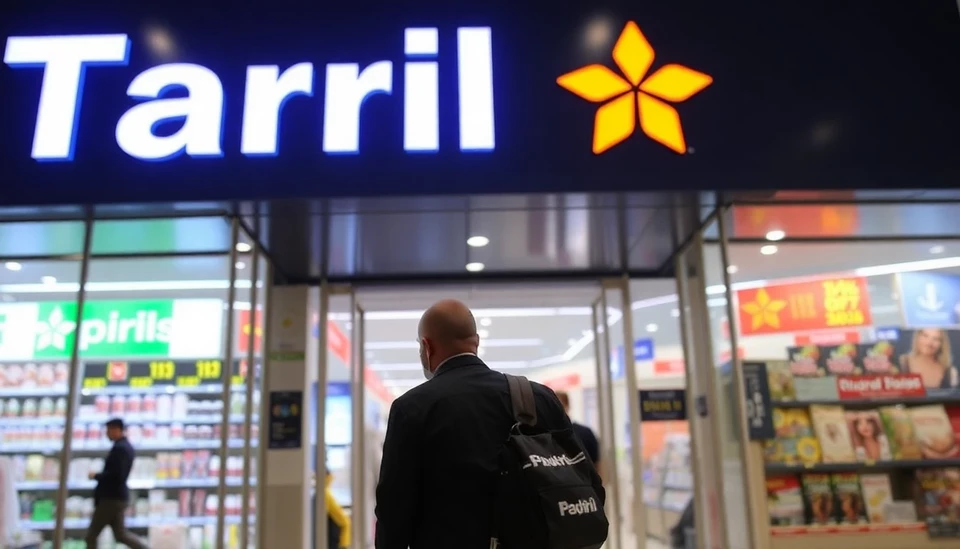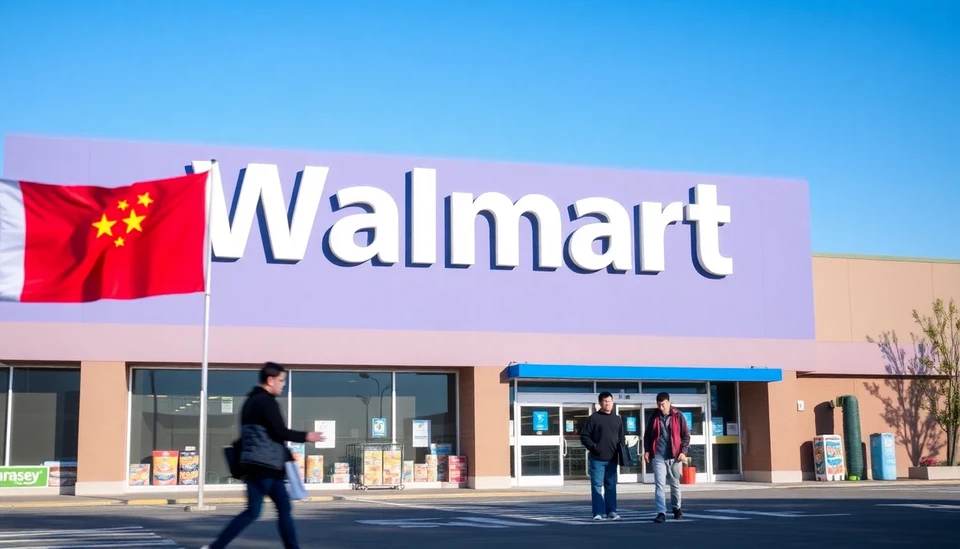
In a recent development, Walmart's Mexican arm has come under scrutiny from Antitrust Watchdog, a regulatory body that oversees fair competition practices. The organization has released a report claiming that the retail giant has engaged in practices that abuse its dominant market position, potentially stifling competition and harming smaller businesses within the region.
This announcement comes at a crucial time when there is heightened awareness regarding market competition and the power dynamics between large corporations and smaller entities. The findings suggest that Walmart has not only leveraged its vast resources to gain an unfair advantage but has also utilized pricing strategies that may undermine local competitors.
The report outlines specific tactics employed by Walmart, including aggressive discounting and the establishment of exclusive supply agreements that discourage vendors from working with smaller retailers. These practices effectively create barriers for competitors, making it increasingly difficult for them to thrive in the marketplace.
As the largest retailer in Mexico, Walmart controls a significant share of the grocery market, and the watchdog argues that such a level of market concentration could lead to detrimental effects on consumer choice and pricing. The agency is calling for an in-depth investigation into these practices and urges the government to consider imposing measures that could promote a more level playing field.
In response to these allegations, Walmart has stated that it operates within the legal frameworks set by local authorities and emphasizes its commitment to fair business practices. The company asserts that its efforts to provide low prices are aimed at benefiting consumers, allowing them access to a wider range of products at more affordable rates.
However, critics argue that the implications of pursuing such aggressive pricing tactics can lead to a monopolistic environment where smaller businesses are forced out, ultimately resulting in fewer choices for consumers in the long run. As the case unfolds, it is clear that lawmakers and regulatory agencies will need to take a closer look at not only Walmart’s practices but also the larger implications of corporate market dominance in the region.
The situation is poised to spark a broader debate regarding corporate accountability and the responsibilities that come with holding significant market power. It remains to be seen how the Mexican government and regulatory bodies will respond to the watchdog's report and whether any measures will be implemented to address these concerns.
Walmart’s ongoing operations in Mexico serve as a critical case study in understanding the complexities of the retail landscape and the importance of fair competition in ensuring a thriving economy. As this situation develops, stakeholders will be crucial in determining the future of market practices in the region and the rights of consumers and small businesses alike.
Will this scrutiny lead to significant changes in how retail giants operate? Time will tell as the investigation unfolds.
#Walmart #Antitrust #Mexico #MarketPower #Retail #ConsumerRights #SmallBusiness #Competition #CorporateAccountability
Author: Samuel Brooks




